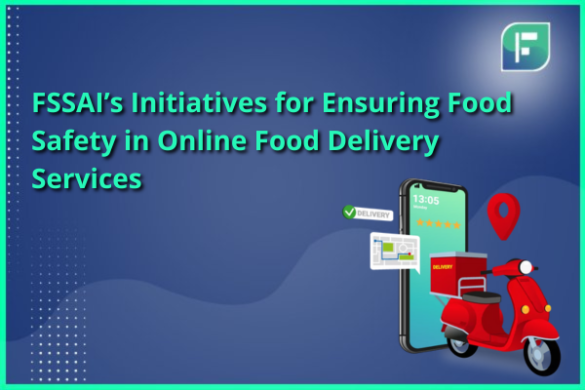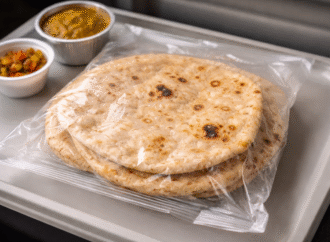Report
On December 3, 2024, the Food Safety and Standards Authority of India (FSSAI) issued a new advisory for E-commerce Food Business Operators (FBOs). A significant directive addresses food delivery practices, emphasizing that FBOs must ensure the separate delivery of food and non-food items. This measure aims to prevent cross-contamination and safeguard consumer health. FSSAI highlighted, “By adhering to regulatory standards, e-commerce platforms play a crucial role in strengthening the food safety ecosystem and reducing risks associated with foodborne illnesses and fraudulent practices.” The advisory outlines key guidelines to strengthen compliance with food safety regulations.
Hygiene at the Last Mile
The advisory also stresses the importance of training last-mile delivery personnel in food safety and hygiene protocols. FSSAI expects delivery staff to follow proper food handling procedures, maintain personal hygiene, and use appropriate sanitization methods. Additionally, the guidelines mandate that food items delivered must have a sufficient remaining shelf life. According to the advisory, products must retain at least 30% of their shelf life or a minimum of 45 days before expiration at the time of delivery.
No Room for False Claims
FSSAI has further cautioned FBOs against making false or unsubstantiated claims. It has directed e-commerce platforms to ensure all product claims displayed online match the information printed on actual labels. Unverified claims not supported by packaging details must not be posted. Product labels on e-commerce platforms must comply with the FSS (Labelling and Display) Regulations, 2020. Failure to adhere to these regulations could lead to enforcement actions and erode consumer trust.
Building Consumer Confidence
The advisory also instructs e-commerce platforms to prominently display FSSAI License or Registration numbers and Hygiene Ratings for food businesses listed on their platforms. FSSAI stated, “This practice builds consumer confidence and enables better-informed purchasing decisions.” It has also barred platforms from listing FBOs that fail to provide a valid FSSAI License or Registration.
Water Classified as High-Risk by FSSAI
This advisory follows FSSAI’s recent reclassification of packaged drinking water and mineral water as high-risk food categories. Effective November 29, this change requires manufacturers to undergo mandatory third-party food safety audits and comply with stricter quality standards, according to PTI.
Source: NDTV
 Food Manifest
Food Manifest 


















